
Voice Channels Explained
We answer some commonly-asked questions on the use of voice channels in recording.
To find the exact phrase, put the words in quotes or join them together with a plus sign e.g. live+recording or "live recording".
To find, say, all live recording articles that mention Avid, enter: live+recording +avid - and use sidebar filters to narrow down searches further.

We answer some commonly-asked questions on the use of voice channels in recording.

Paul White tries out TLA's combination of front end and parametric equaliser.

If sparkling analogue drum sounds are what you need to turn your tracks to gold, Germany's Touched By Sound company may have the answer in the form of the DRM1 eight-piece analogue drum module.

High-quality mic recordings and PC soundcards don't normaly go together all that well, but this could be about to change with Aardvark's new audiophile breakout box.

Clearly designed with live sound in mind, the CFX16 also makes an ideal mixer for a desktop studio where MIDI and audio signal need to be combined. Paul White investigates.
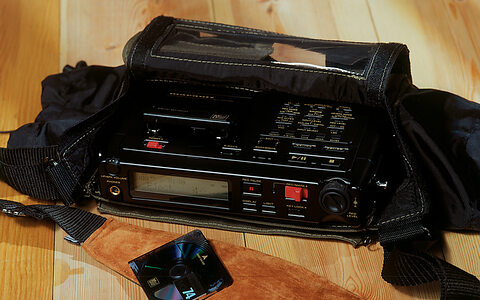
Hugh Robjohns investigates a rugged new Minidisc recorder with a host of facilities for professional location recording.

Steinberg's VST Instrument technology allows software synths to be fully integrated into any VST 2.0-compatible host software, such as Cubase VST. The first major releases to arrive are both recreations of established analogue classics. Martin Walker tries them out.

Yamaha's former sampling flagship, the A3000, represented a novel but very powerful approach to sampler design. The new A4000 and A5000, as Derek Johnson & Debbie Poyser report, maintain the distinctive design ethos, but should provide even stronger competition to the established names.

The market for good but affordable 'reference' monitor speakers seems almost boundless and Yamaha have recently joined the fray with their active MSP10s and associated subwoofer, the SW10. Hugh Robjohns digs out his test discs again...

Dave Shapton gets to grips with the latest news about BeOS, and its possible implications for musicians.

Another reader invites us into his home studio.
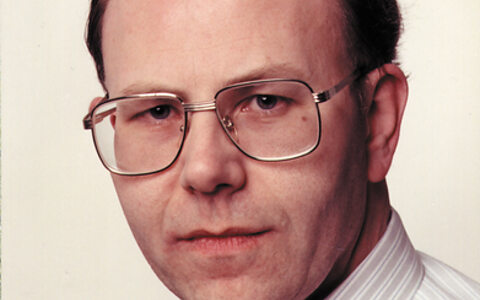
The Internet could mean a bleak future for high-fidelity music, worries reader Philip Cadman.

If something's letting down your pop tracks, it could be the arrangement rather than the song itself at fault. Derek Johnson & Debbie Poyser offer some advice on how to make sure your music gets the star treatment it deserves.

Use of a full symphony orchestra remains a luxury afforded only to the world's top-selling artists or film composers. But with a little help from technology, the sound of convincing strings and blaring brass is achievable on a budget. John Rowcroft reports, and offers advice to anyone seeking to follow his example...
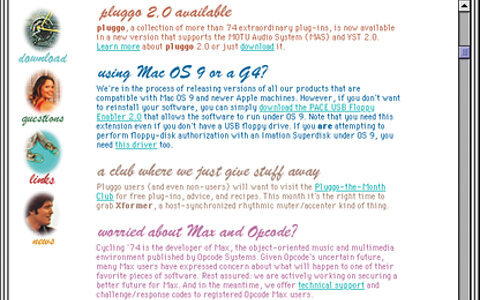
Vic Lennard sets out his stall on all matters Mac...
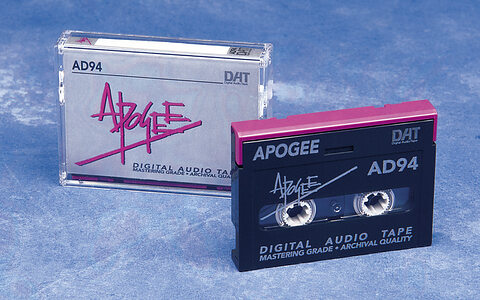
I have a quick question that I hope you can help with. I have been working with a sound engineer who claims that before...

I am aiming to write music for TV and have been trying to practise on TV programmes recorded onto video. I own an Atari...
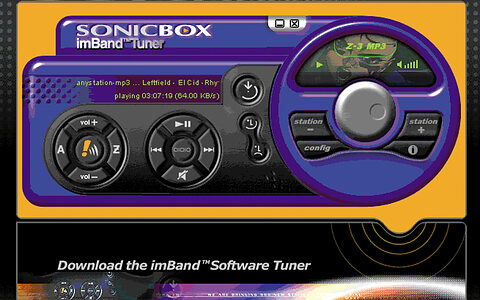
How many radio stations can you pick up at home? Ten? Twenty? If you've got an Internet connerction, the answer is more like 3,000. Simon Trask explains.
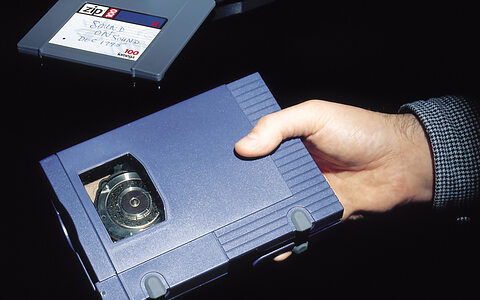
Audio equipment is expensive, so it pays to keep it in good condition and forestall potential problems. Paul White provides a few tips.
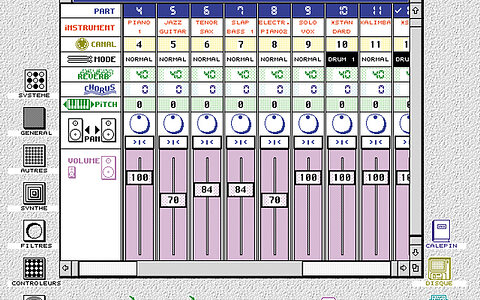
Derek Johnson reports on the arrival of Falcon digital recording program QUiNCY and a neat SC55 Sound Canvas editor.